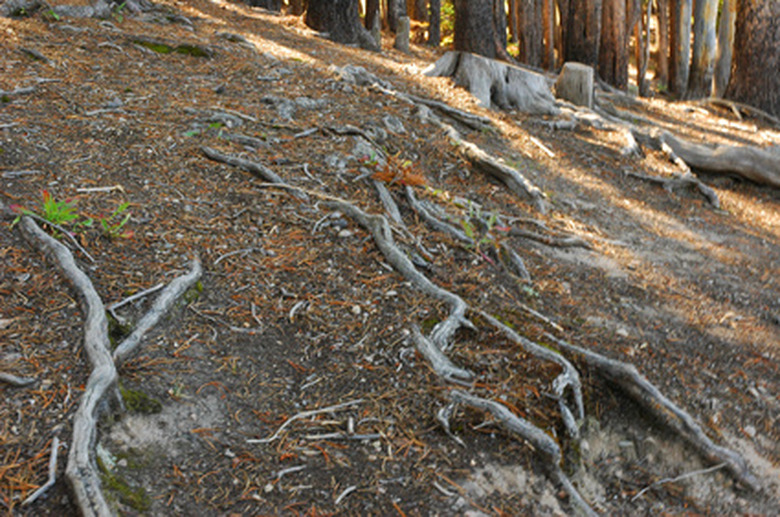Influence Of Fertilizers On Nematodes
A number of microorganisms live in the soil of your garden. Some of these aid in the growth and development of plants while others feed off the roots and organs of the plant and can cause serious harm. Nematodes can be both beneficial and hazardous and are easily affected by certain fertilizers.
Nematodes
Nematodes are slender, translucent roundworms that are extremely small. They can grow up to 1/50 of an inch and can feed off troublesome garden insects such as ants and termites. It is possible for them to also damage plants by feeding off the roots or plant organs. These insects are difficult to identify without a microscope.
- A number of microorganisms live in the soil of your garden.
- Nematodes can be both beneficial and hazardous and are easily affected by certain fertilizers.
Fertilizer
Fertilizers feed plants by giving them the essential nutrients they require for survival. Nitrogen, potassium, phosphorus as well as a number of micronutrients promote growth and all the basic biological processes plants must continue to survive. Fertilizers can be either granular or liquid and either organic or inorganic.
Benefits
Although nematodes don't often feed directly off the fertilizer, other materials are mixed in that are breeding grounds for such microorganisms. Manure and similar composts are the perfect areas for microorganisms and bacteria to reproduce. Since these are organic, they also contain few toxic chemicals.
Hazards
Nematodes are endangered by the chemicals added in the manufacture of fertilizer. These chemicals are hazardous and will quickly kill off any number of microorganisms when they come in contact. Whether the fertilizer is organic plays a large role in its environmental safety and whether nematodes can safely reproduce.
- Fertilizers feed plants by giving them the essential nutrients they require for survival.
- Although nematodes don't often feed directly off the fertilizer, other materials are mixed in that are breeding grounds for such microorganisms.
Considerations
Although nematodes are microscopic organisms, their effects can be seen by the human eye. If you see damage to the leaf surfaces or root structures of the plant and have ruled out fungal threats or starvation of necessary nutrients, such as sunlight or fertilizer, take precautions. There are selective pesticides available that can help keep nematode numbers at bay. Since nematodes feed off other dangerous insect threats this should be considered a last resort for gardeners.
References
- "The Biology of Nematodes"; Donald L Lee; 2002
